🦴 Updated on January 7th, 2025
Think your feline friend is living their best life? Many cat owners overlook subtle signs that their pet might not be as happy as they seem. Are you missing these key indicators?
1. Excessive Grooming
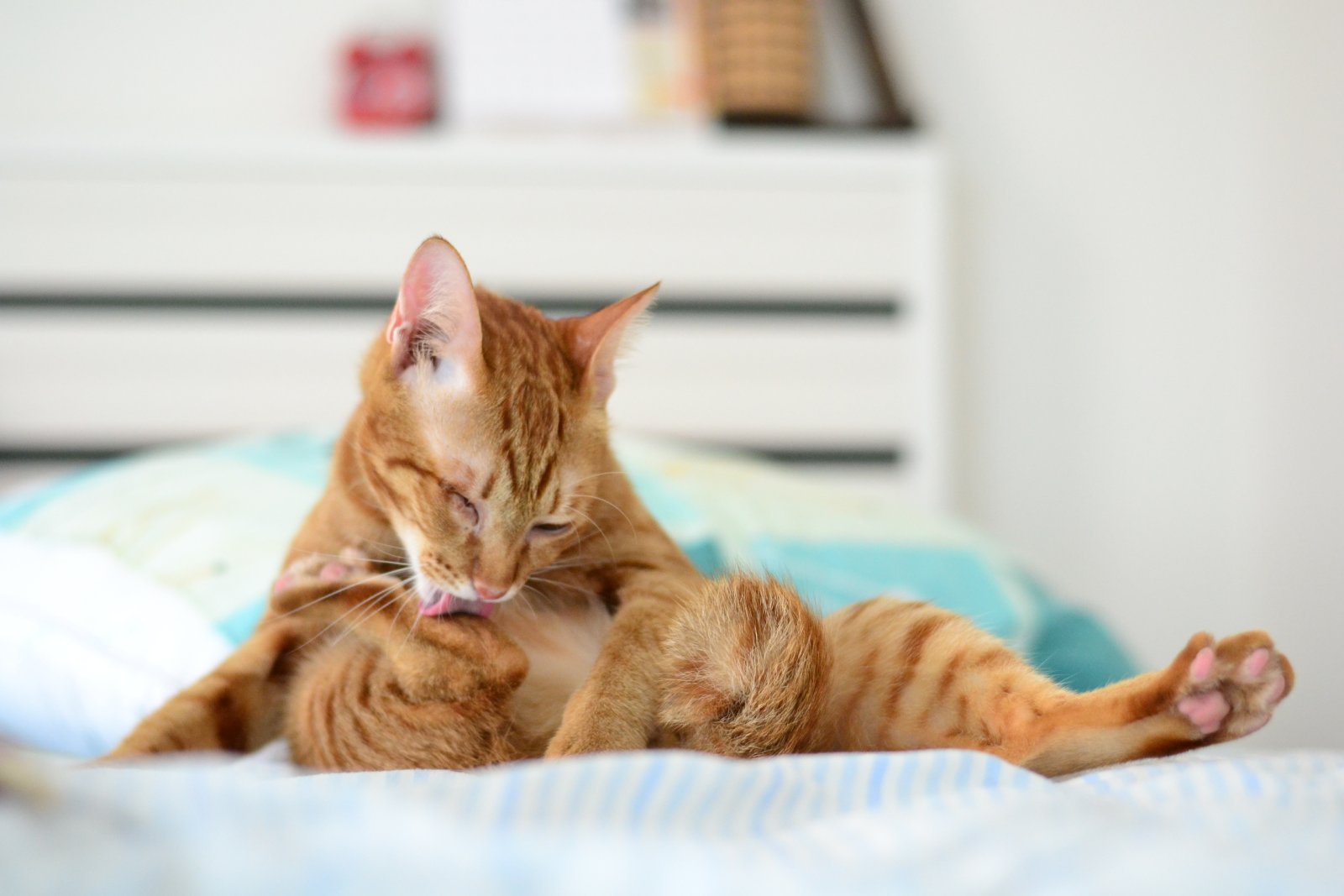
If your cat is grooming more than usual, it might be a sign of stress or anxiety. Over-grooming can lead to bald patches and skin irritation, indicating they’re not as content as you thought.
2. Changes in Appetite
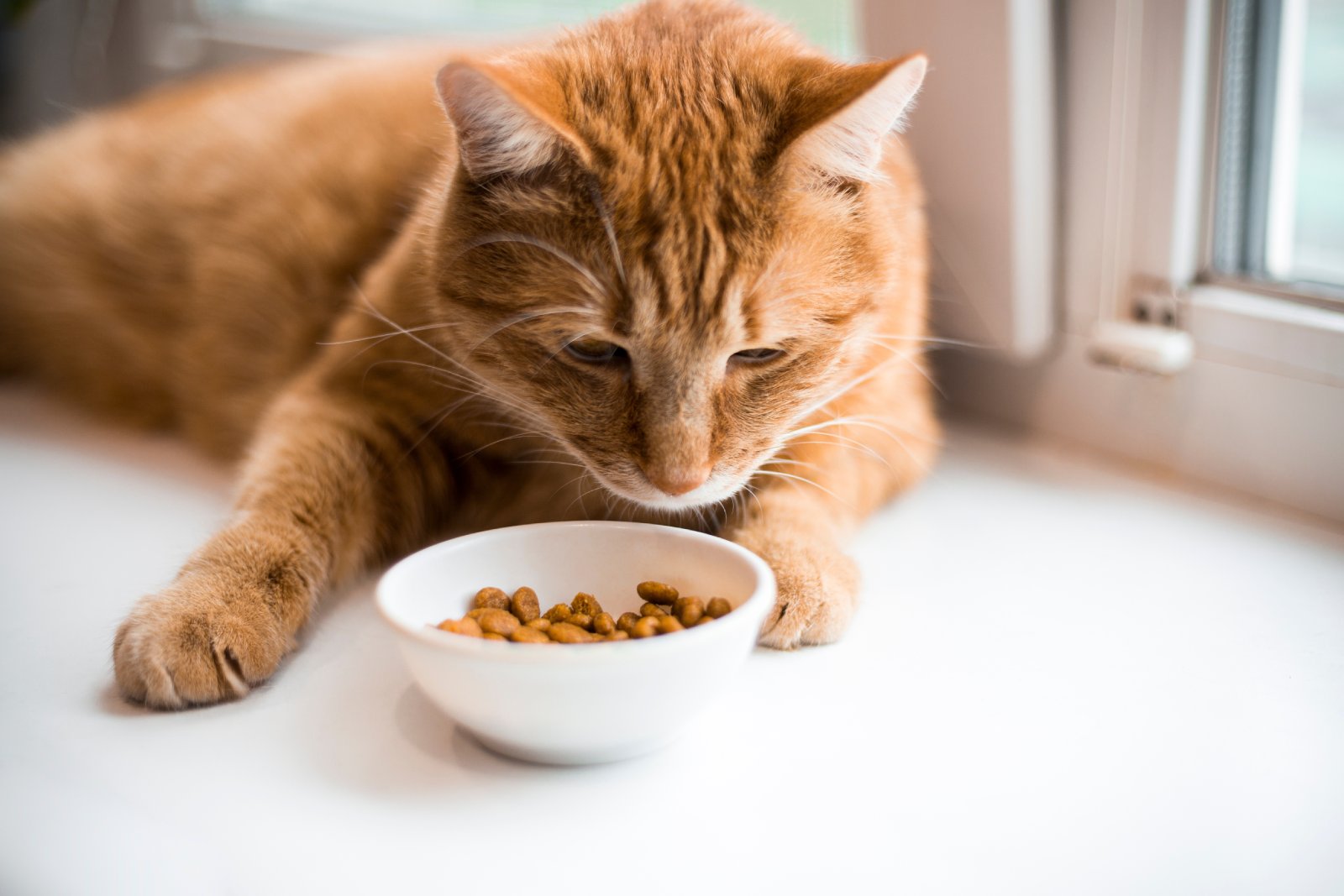
A sudden decrease or increase in your cat’s appetite can be a sign of unhappiness or health issues. Keep an eye on their eating habits, as it might be a silent cry for help.
3. Litter Box Avoidance
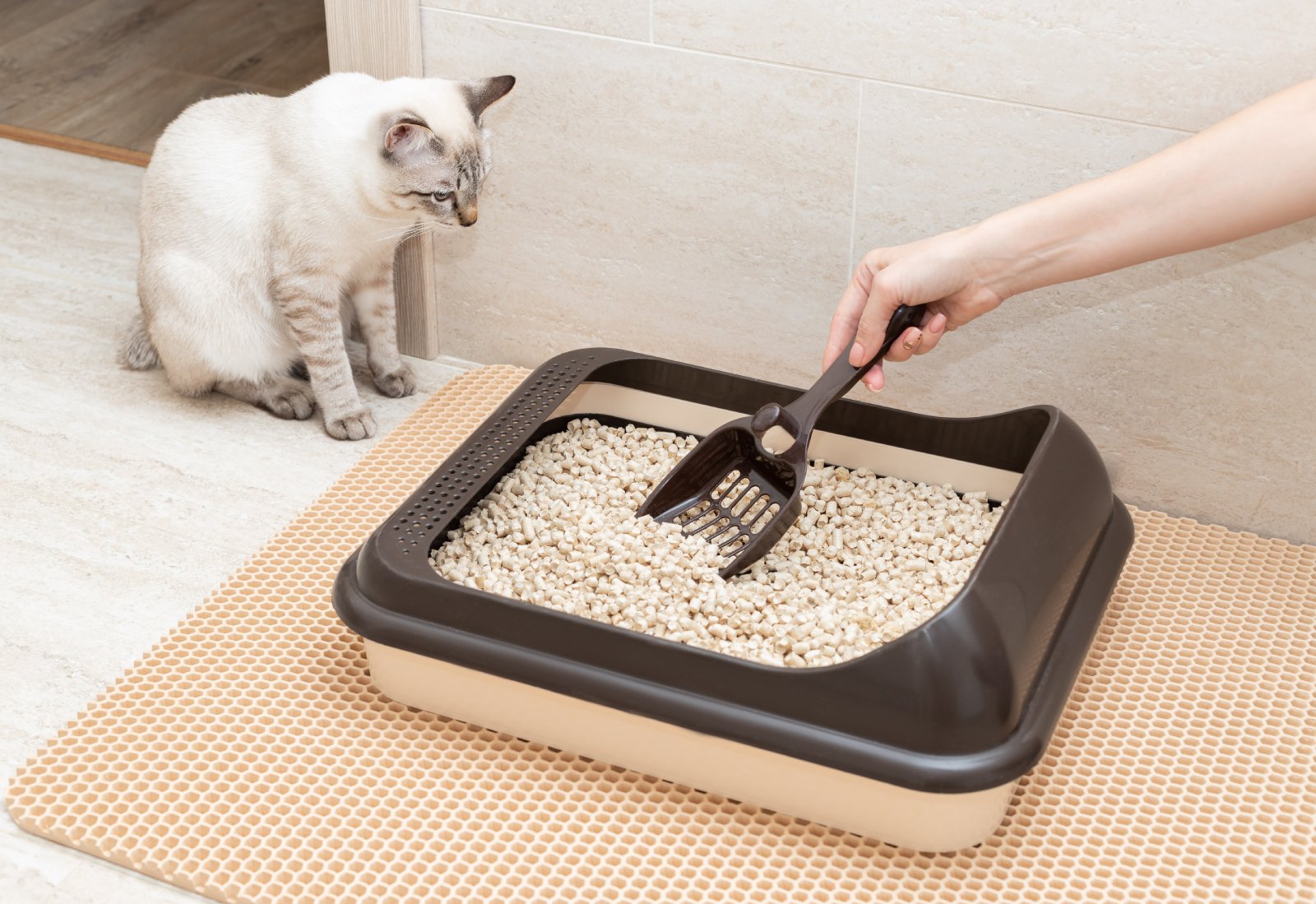
Cats are usually meticulous about their litter habits. If your cat starts avoiding the litter box, it could signal that something is amiss in their environment or health.
4. Hiding Away
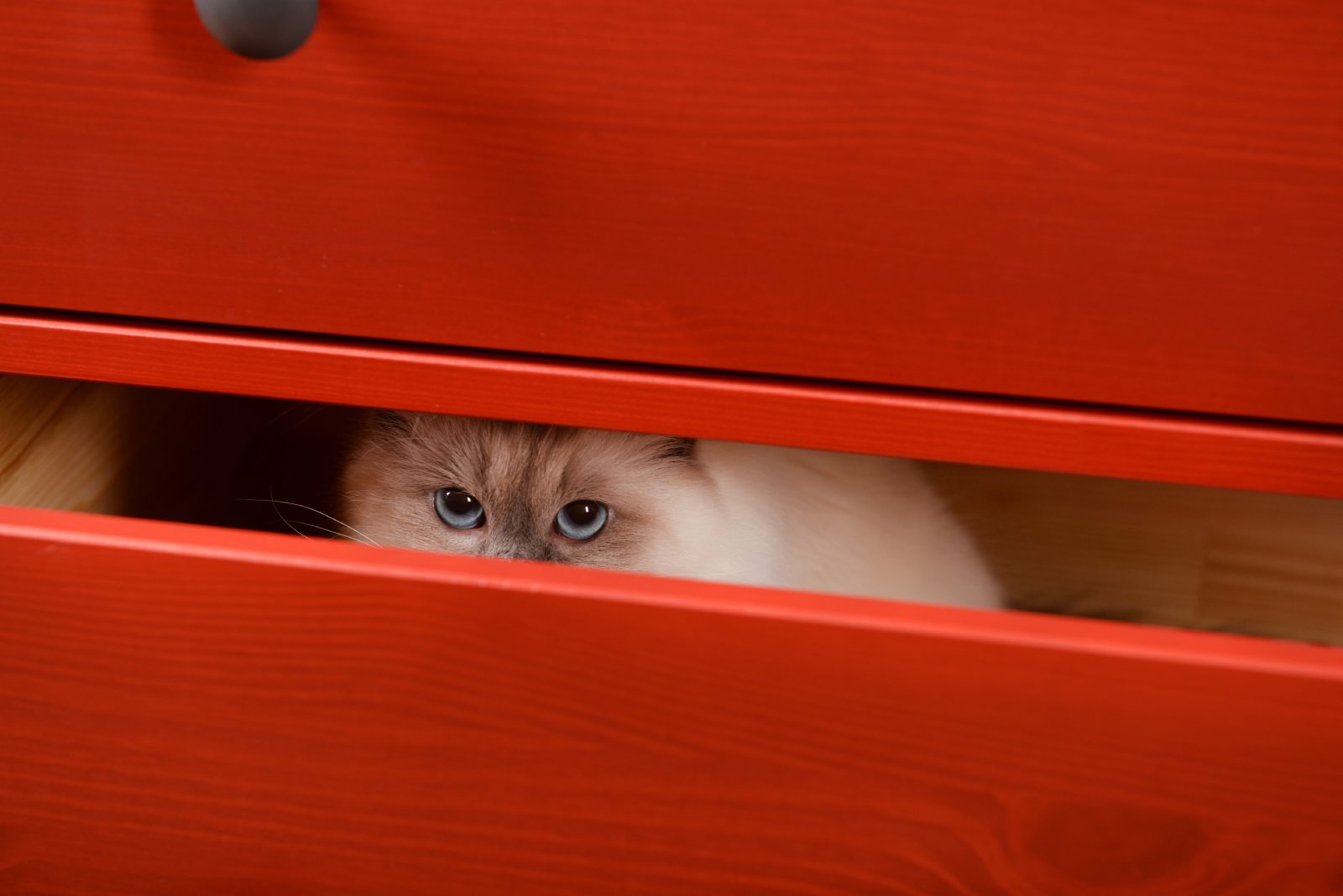
Cats love their own space, but excessive hiding can be a sign of fear or discomfort. If your cat is constantly seeking solitude, it’s time to investigate what’s causing their stress.
5. Aggressive Behaviour
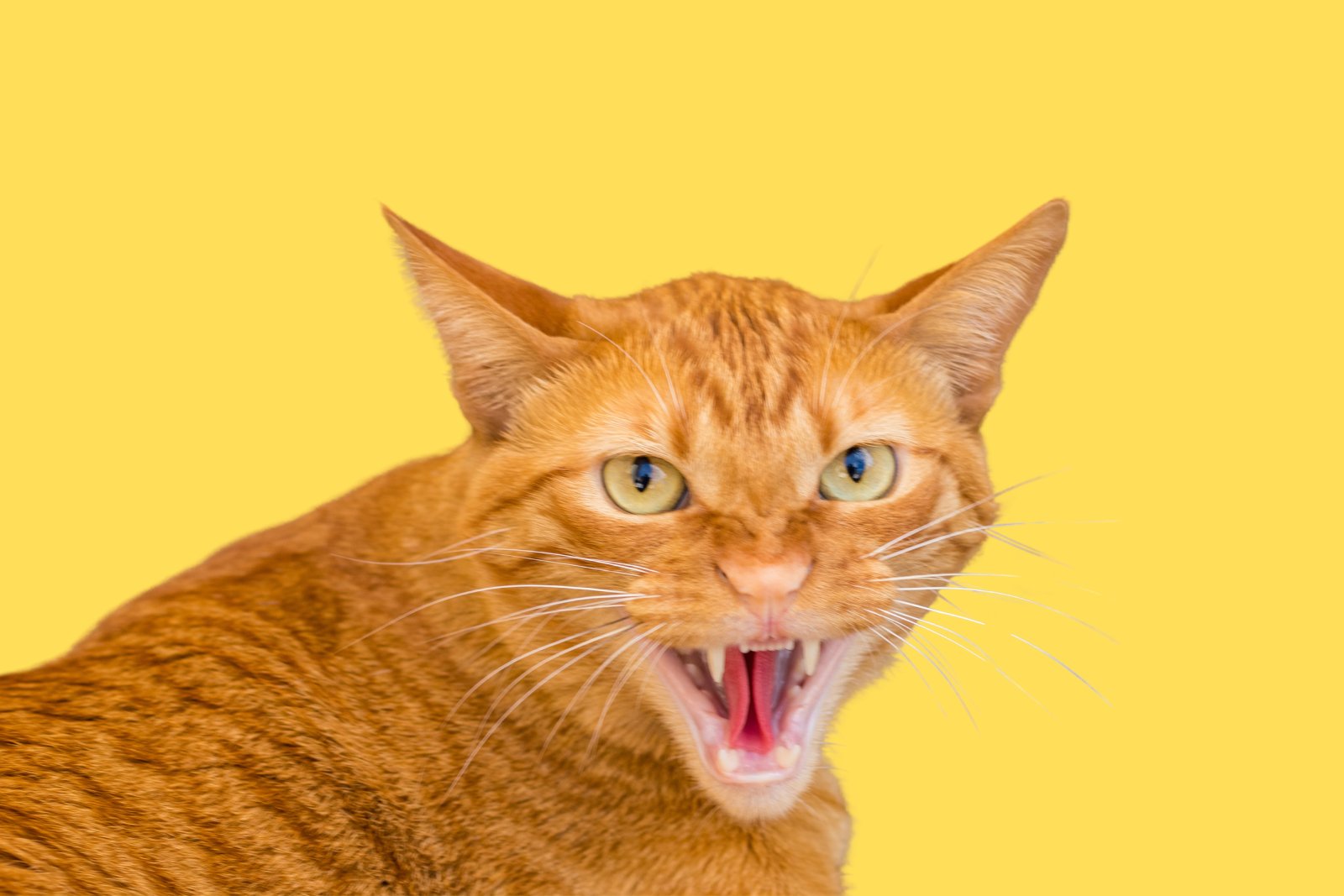
A normally docile cat becoming aggressive is a red flag. Changes in behaviour, such as biting or scratching, often indicate underlying issues that need addressing.
6. Excessive Vocalisation
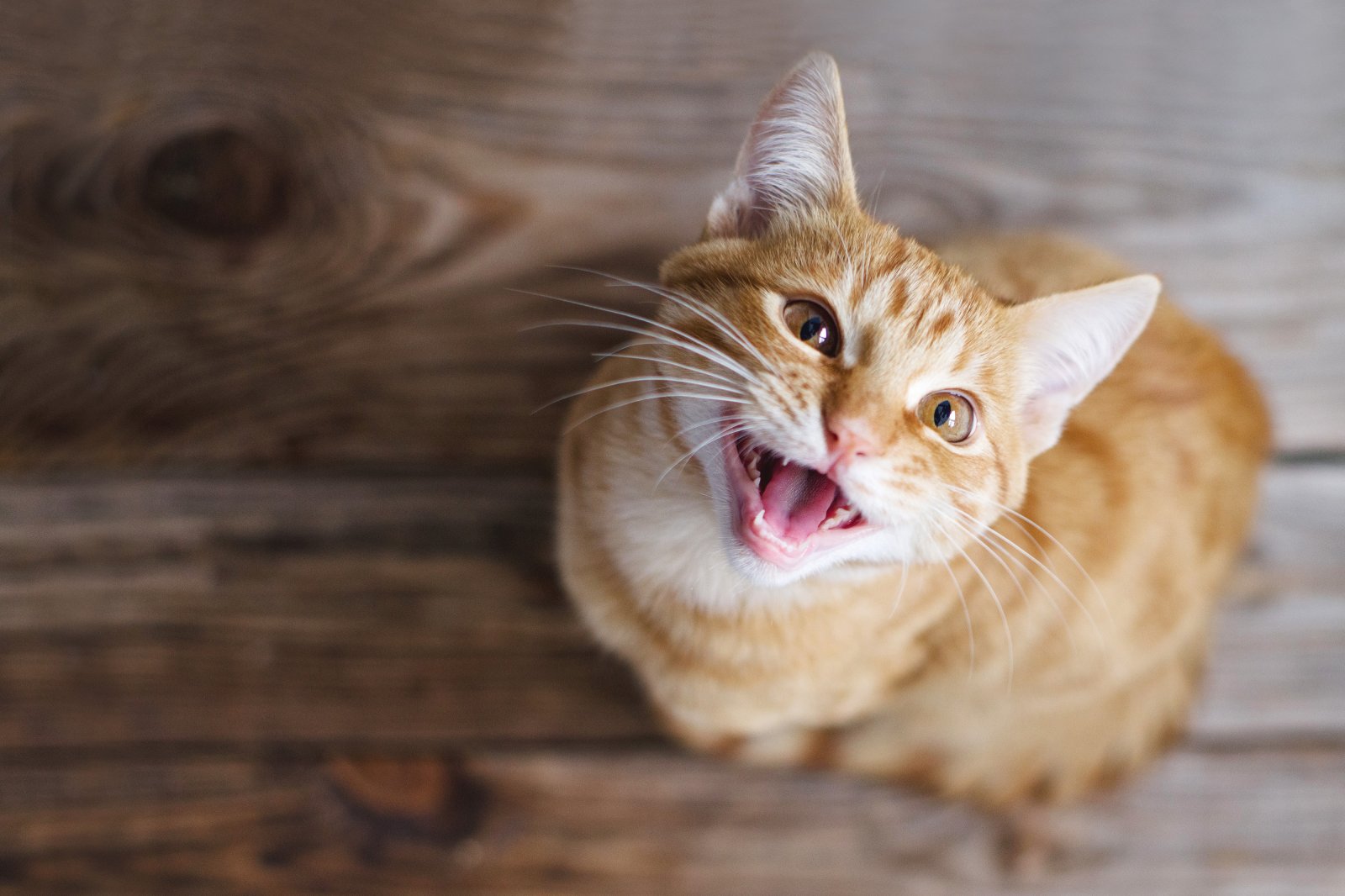
Increased meowing, yowling, or other vocalisations can be a sign that your cat is distressed. Pay attention to these vocal clues, as they might be trying to tell you something important.
7. Changes in Sleep Patterns
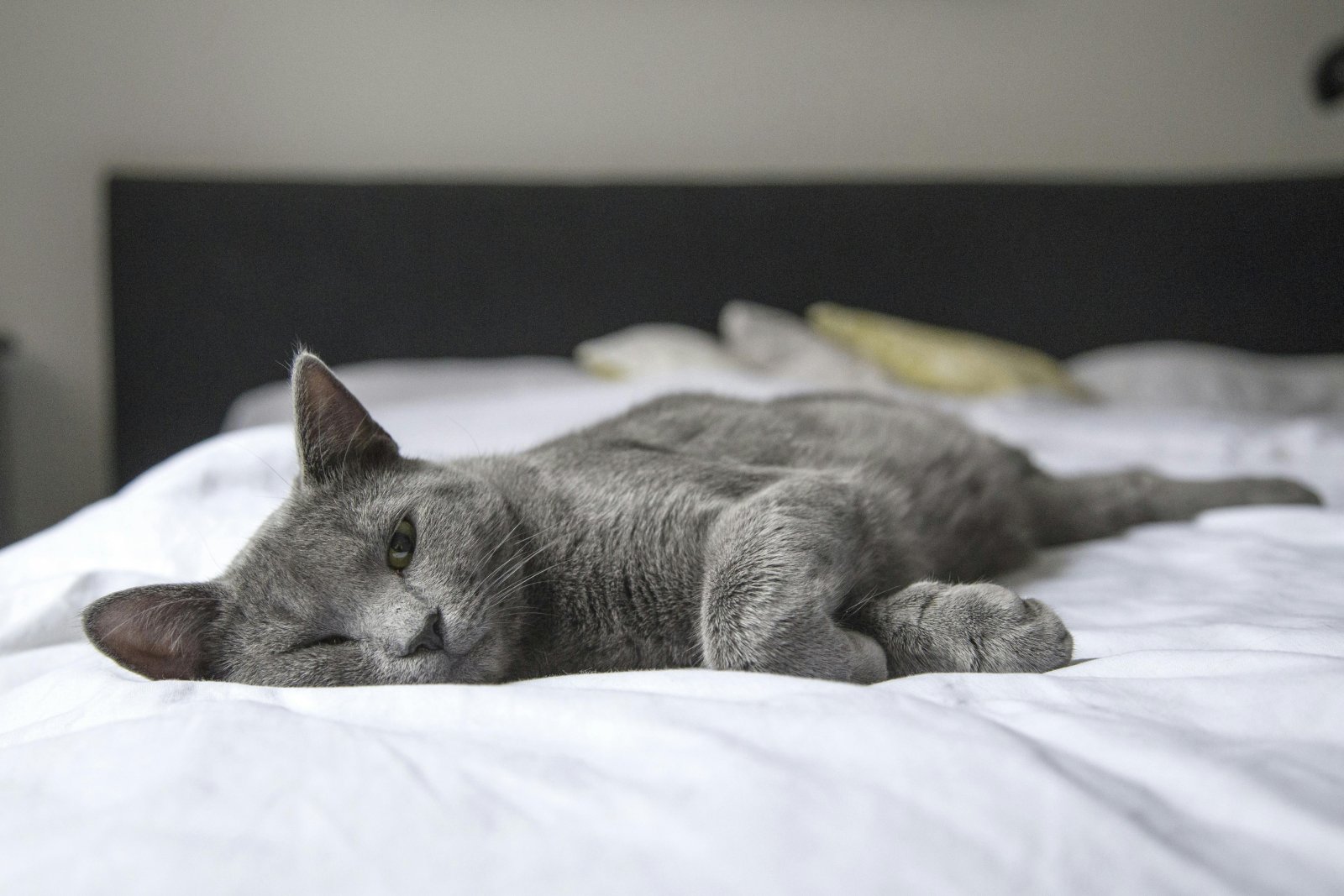
Cats typically sleep a lot, but noticeable changes in their sleep patterns can indicate unhappiness. If your cat is sleeping more or less than usual, it’s worth a closer look.
8. Avoiding Interaction
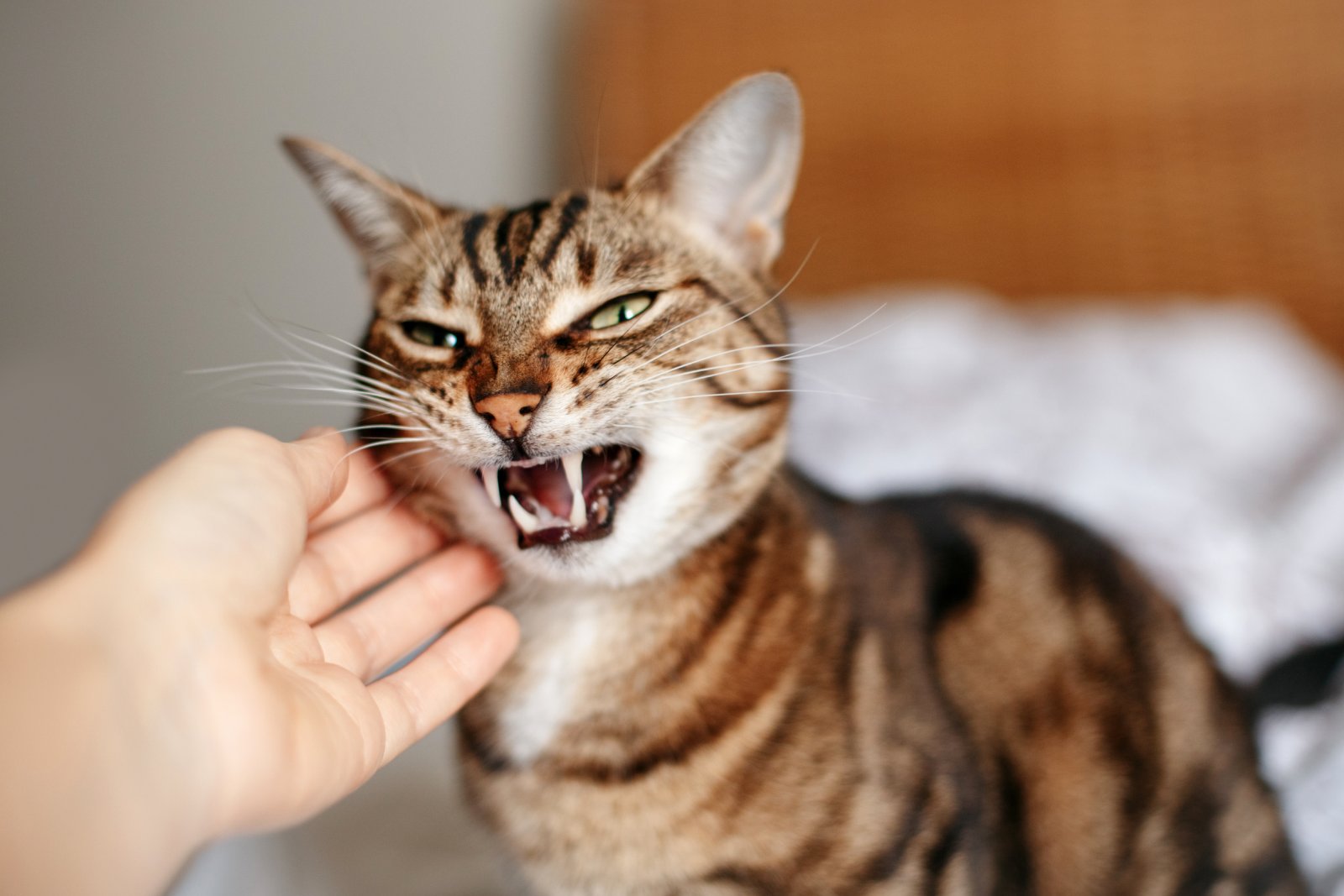
If your social cat suddenly avoids interaction, it could be a sign they’re not feeling well. This withdrawal can be a symptom of both physical and emotional distress.
9. Pacing or Restlessness
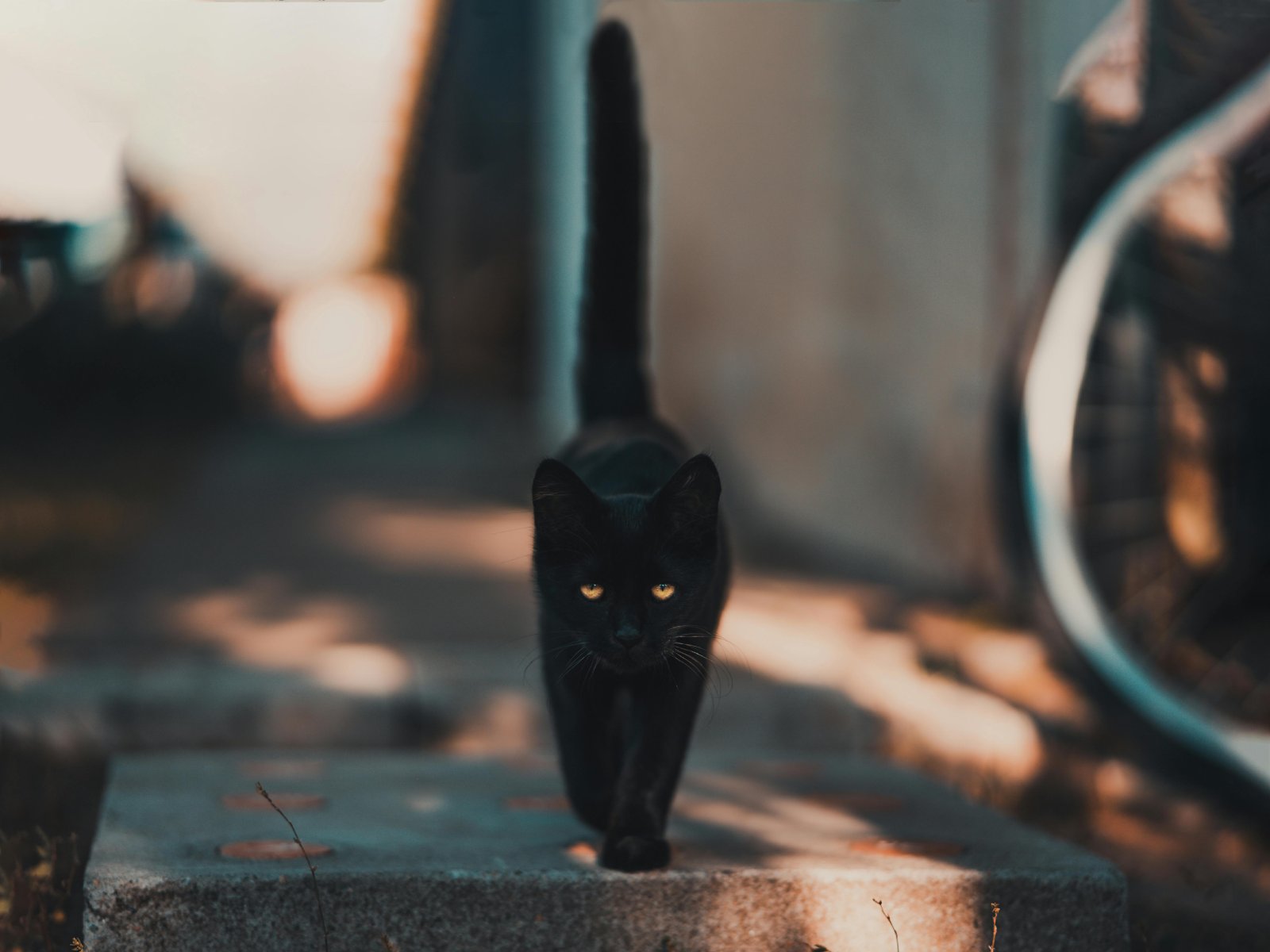
Restless behaviour, such as pacing, can be a sign of anxiety. If your cat can’t seem to settle down, they might be experiencing stress or discomfort.
10. Lack of Playfulness
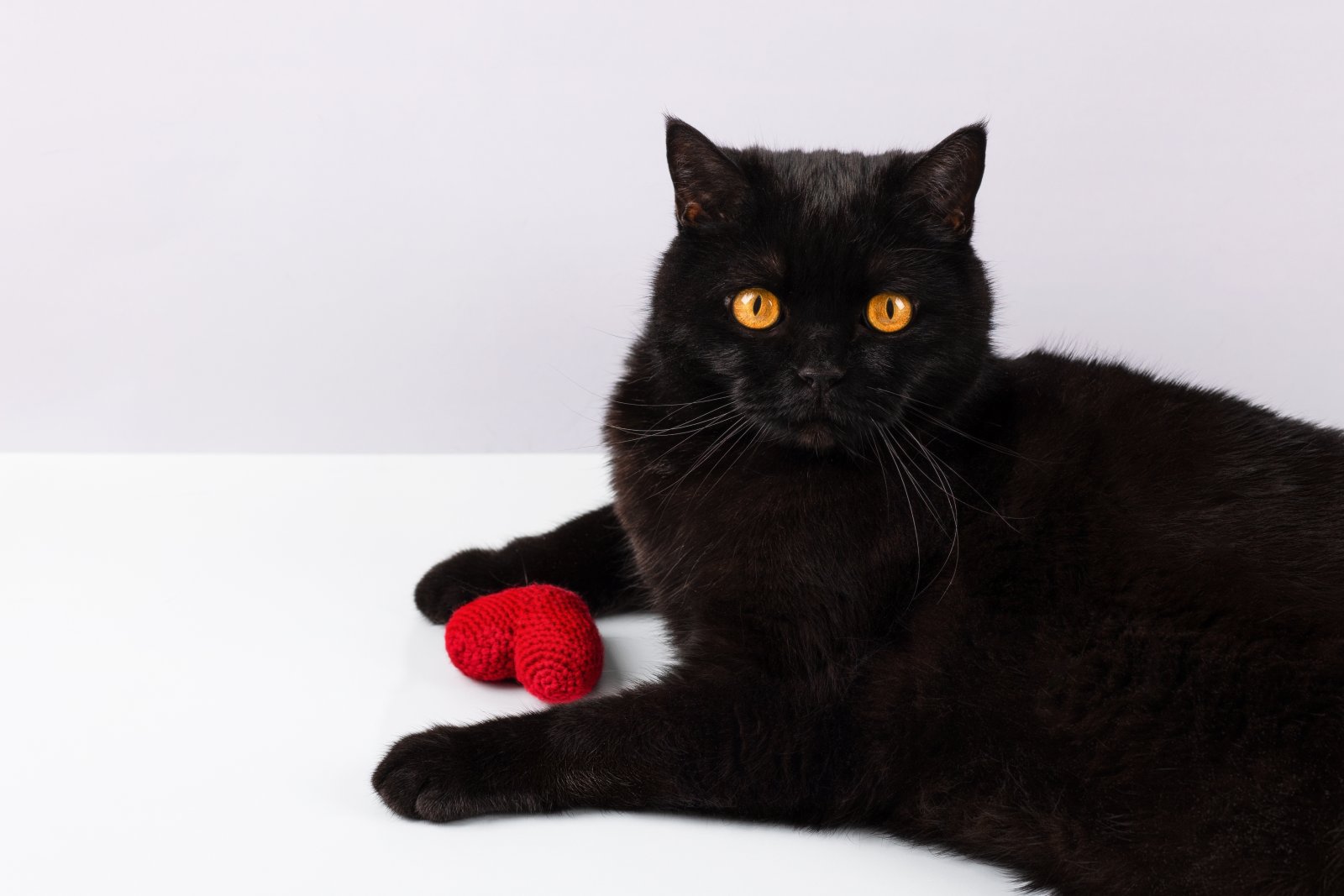
A decline in playfulness is often a sign that your cat isn’t feeling their best. Cats that lose interest in their favourite toys or games might be trying to tell you they’re unhappy.
11. Changes in Grooming Habits
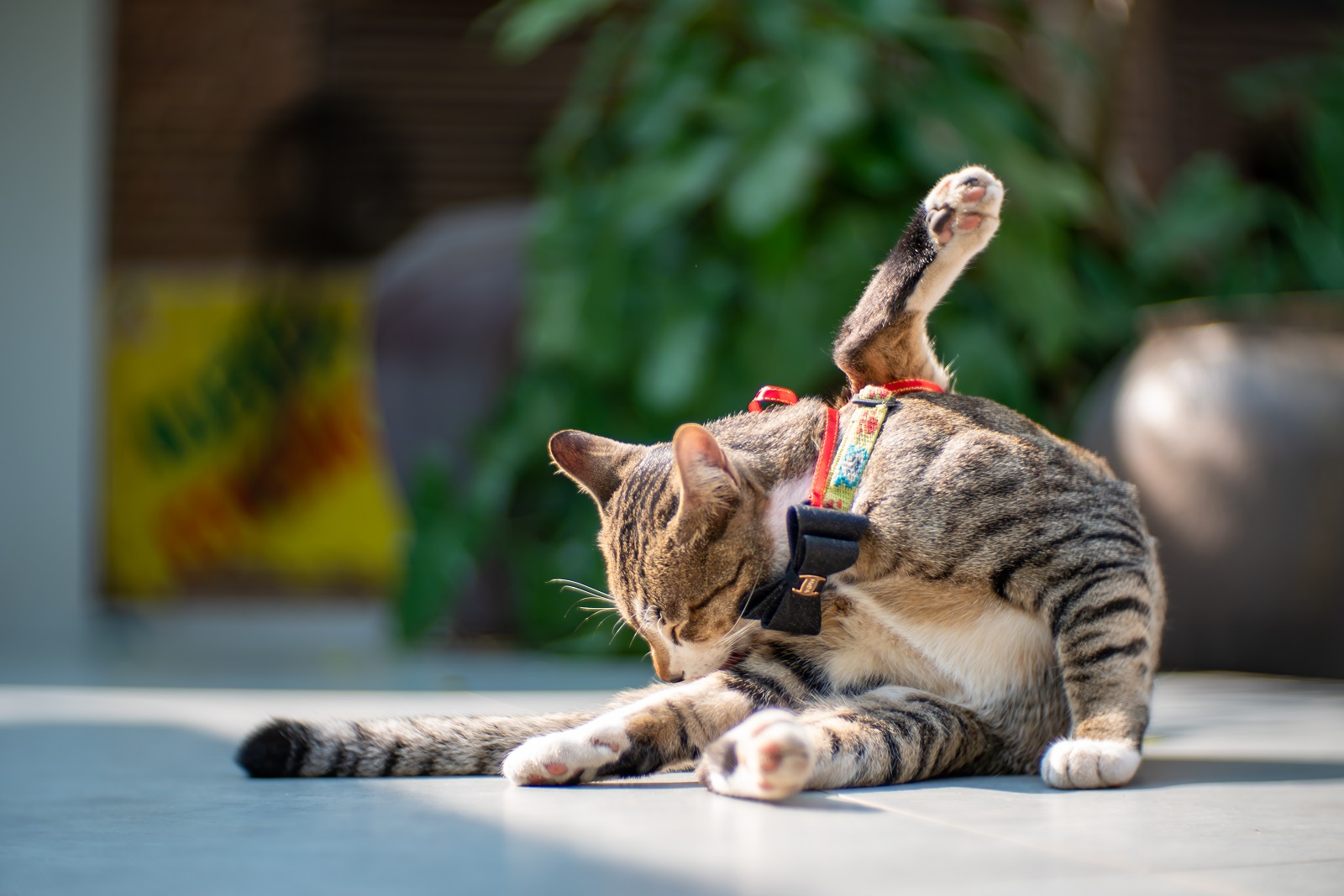
If your cat stops grooming themselves, it can indicate depression or physical illness. Cats are naturally clean animals, so neglecting their grooming is a serious sign.
12. Unusual Scratching
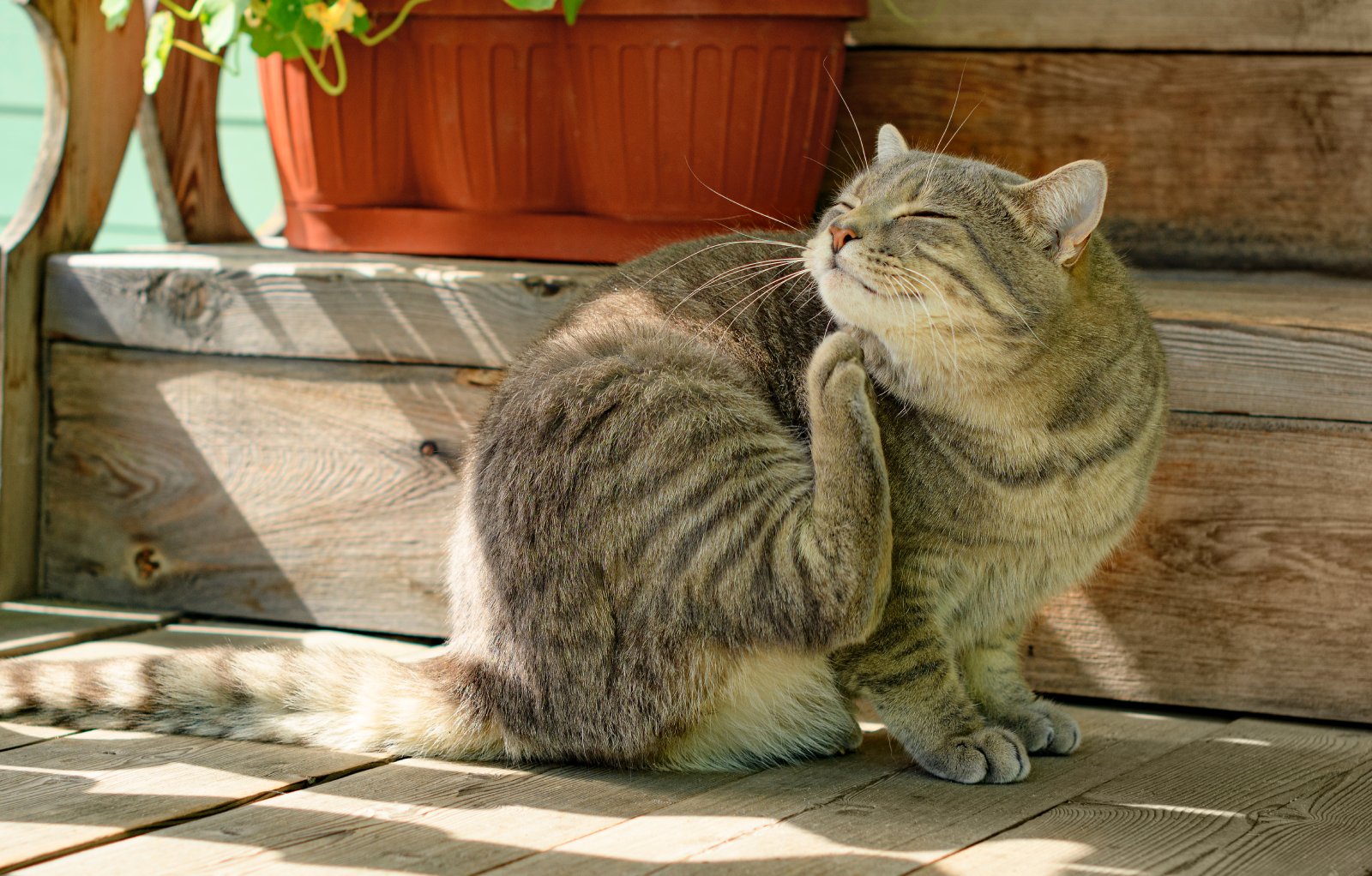
Excessive or unusual scratching of furniture or other items can be a sign of frustration or anxiety. Your cat might be trying to cope with stress through this destructive behaviour.
13. Weight Fluctuations
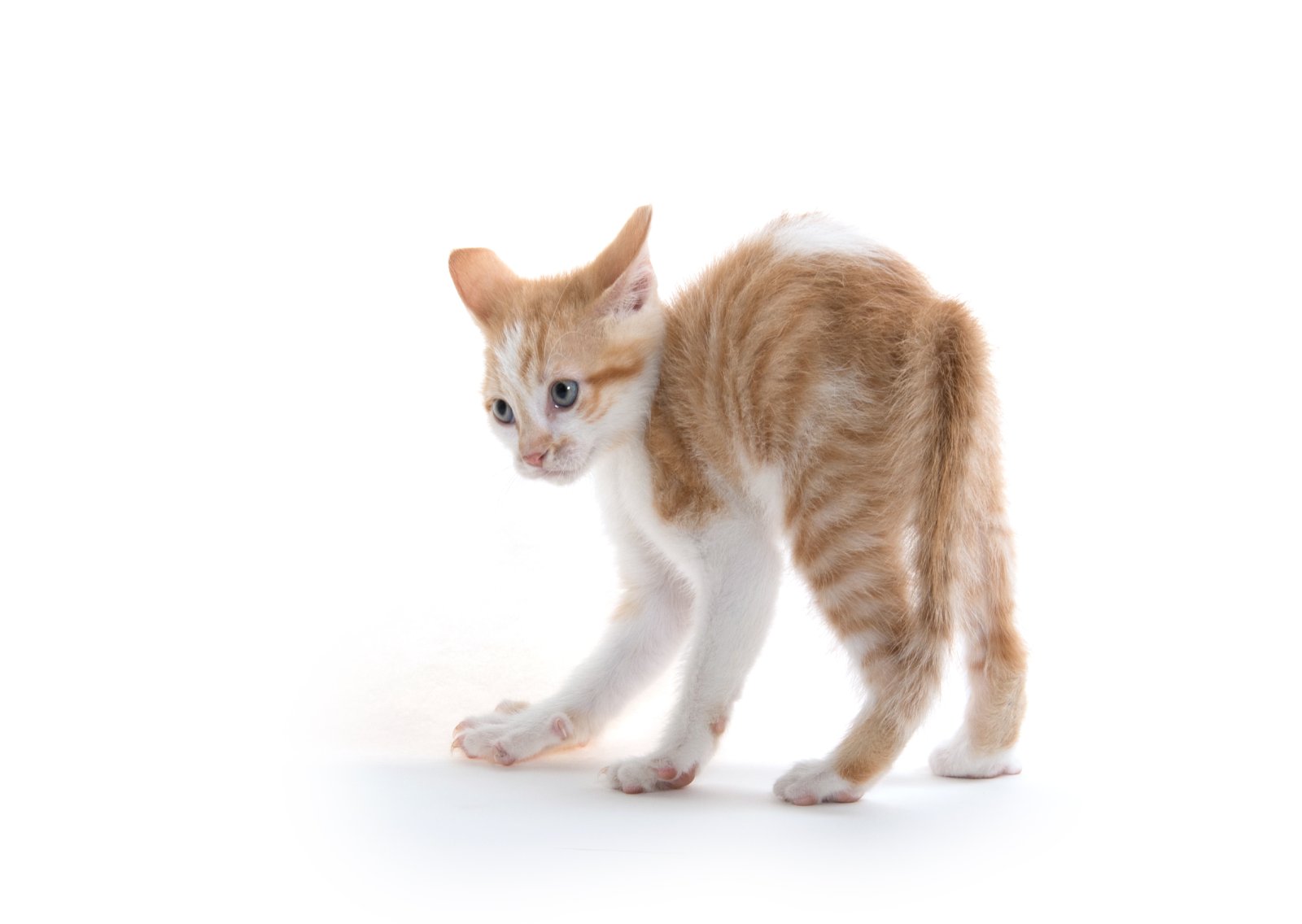
Significant weight gain or loss can indicate that your cat is unhappy or unwell. Regularly monitor their weight and consult with your vet if you notice drastic changes.
14. Changes in Body Language
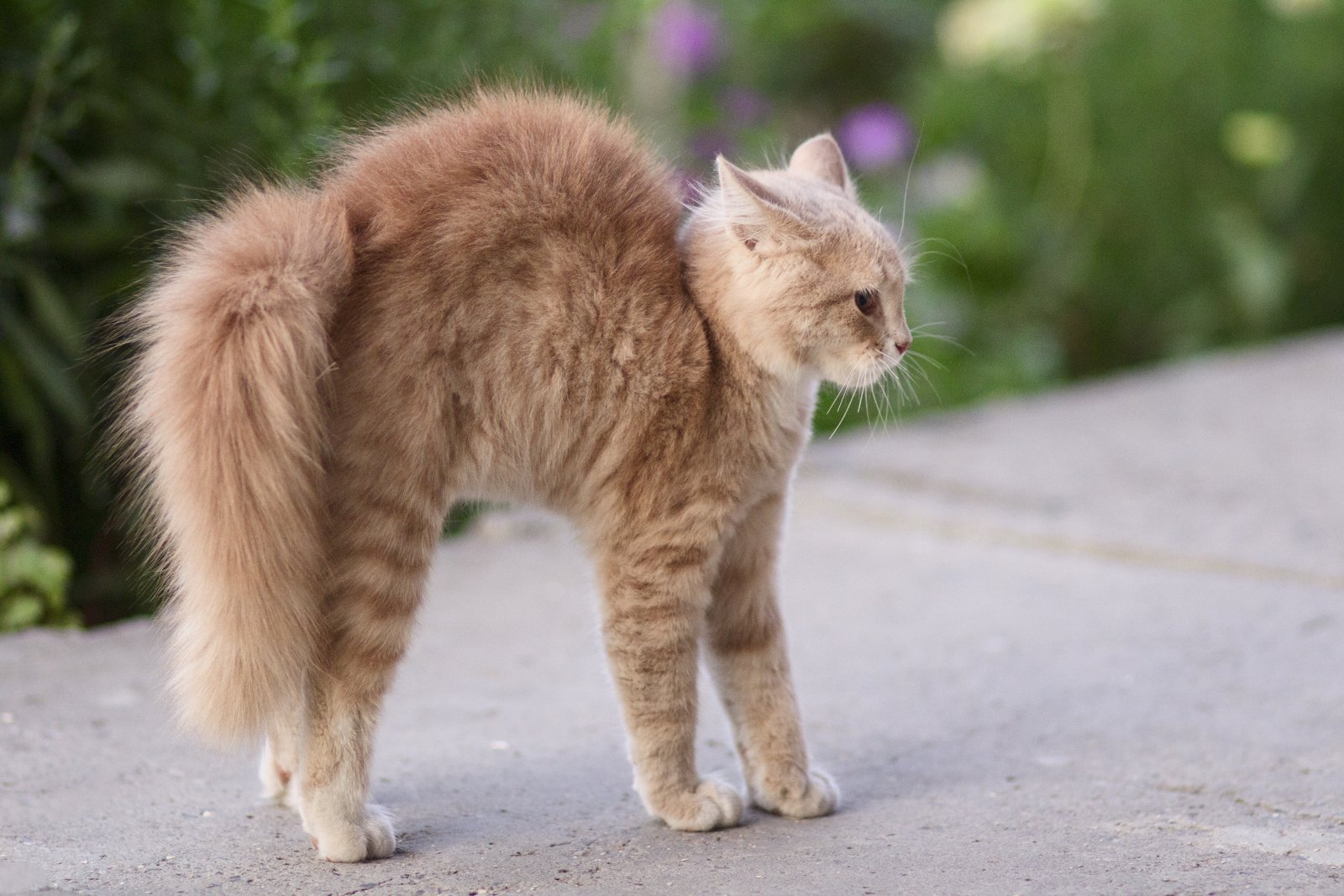
Subtle changes in body language, such as a tense posture or flattened ears, can signal that your cat is stressed or uncomfortable. Learn to read these signs to understand your cat’s mood.
15. Excessive Shedding
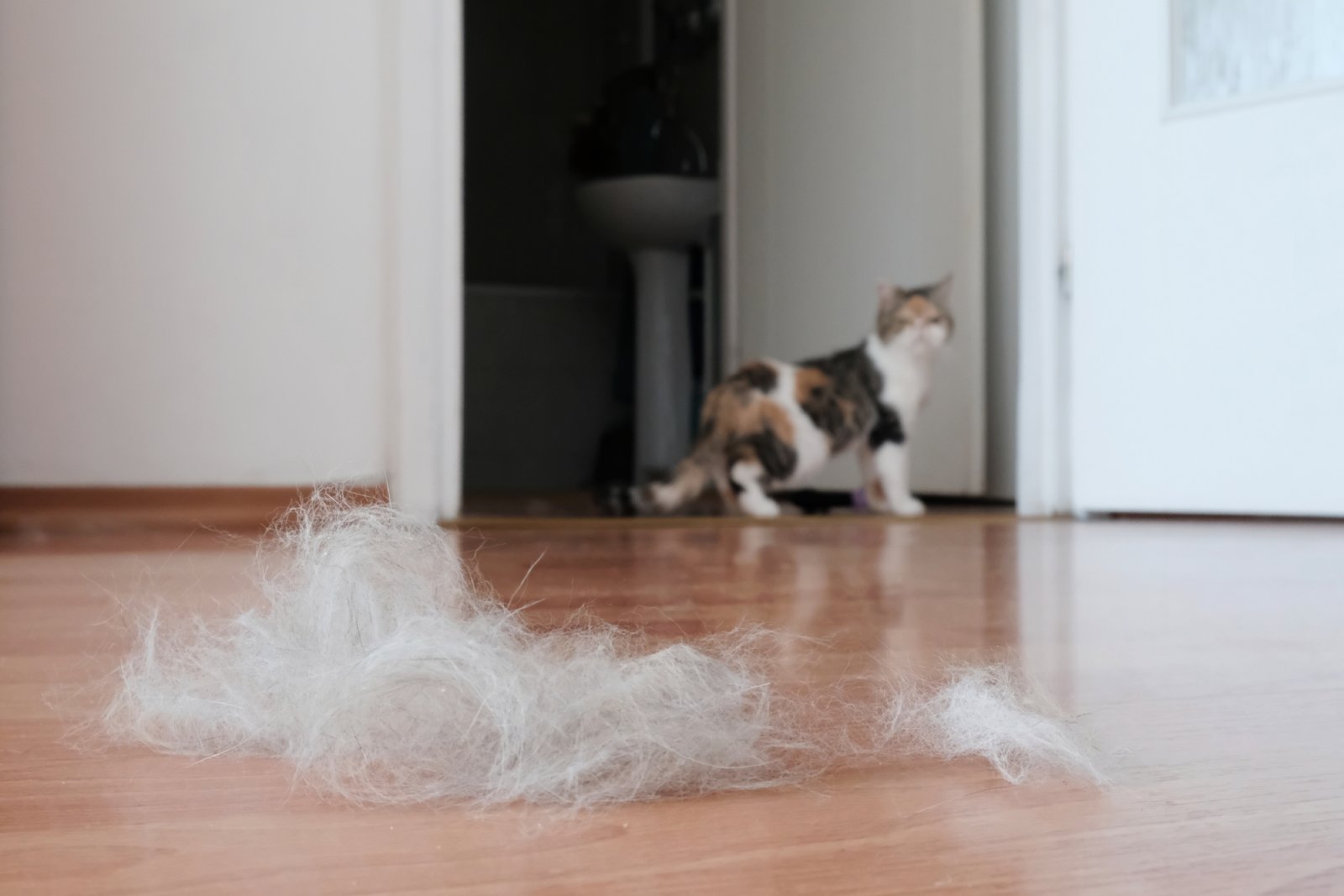
While shedding is normal, an increase in hair loss can be a sign of stress or health problems. If you notice more fur around the house, it might be time for a vet visit.
Fur Real, Pay Attention!
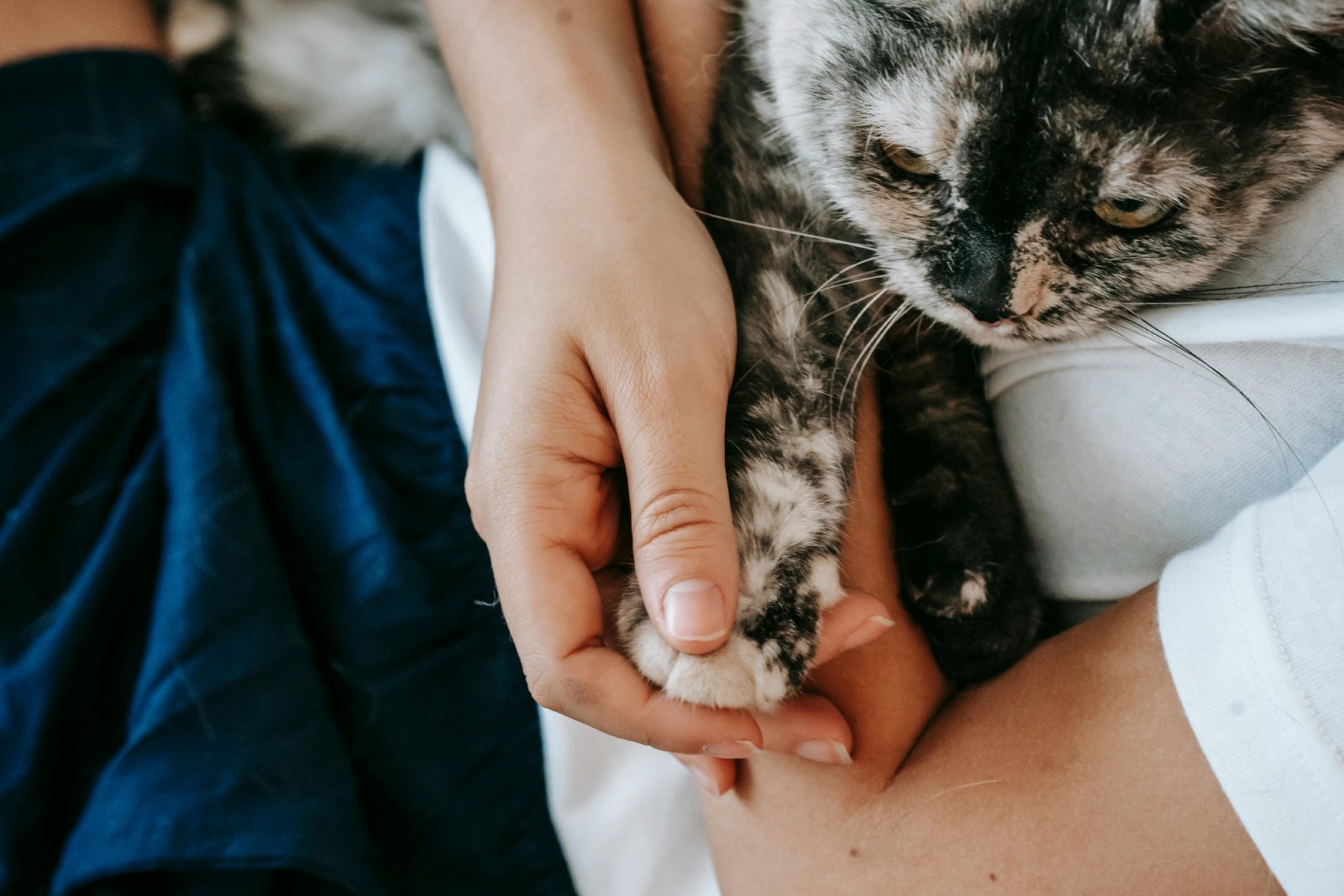
Your cat’s well-being hinges on your awareness of these signs. Ignoring them could mean overlooking serious health or emotional issues. Keep an eye out, and ensure your feline friend is truly living their best life.
Featured Image Credit: Shutterstock / Nils Jacobi.
For transparency, this content was partly developed with AI assistance and carefully curated by an experienced editor to be informative and ensure accuracy.

